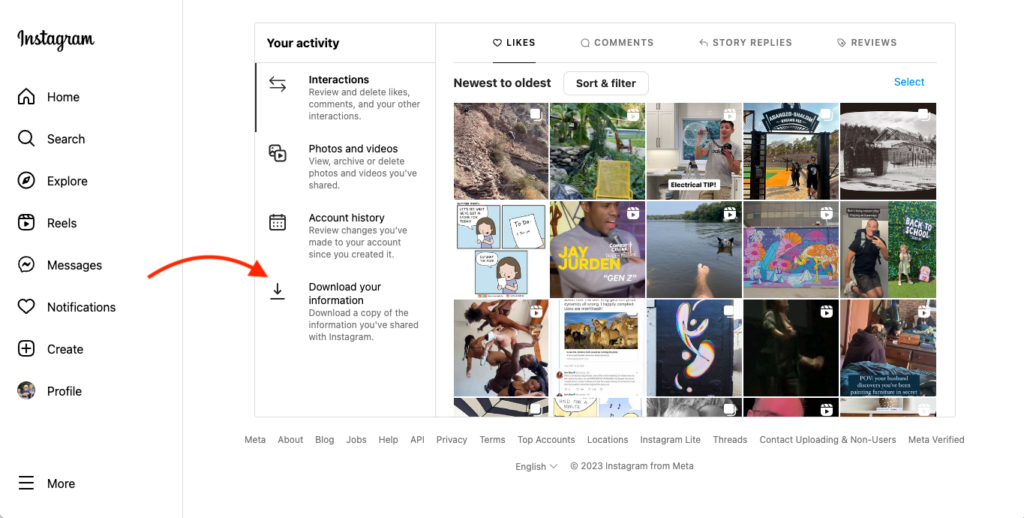Now Reading: Why People Are Addicted to Being Offended
-
01
Why People Are Addicted to Being Offended
Why People Are Addicted to Being Offended

In today’s digital age, taking offense has become almost a hobby for some. Social media platforms, trending news, and online debates make it easy for people to spot perceived slights and react strongly. In Tier 2 cities, where social media use is growing rapidly, many users engage in online arguments or outrage, often deriving a sense of identity or purpose from being offended.
One reason for this behavior is the psychological reward system. Expressing outrage triggers attention, validation, and support from like-minded individuals. The rush of engagement, comments, and shares can become addictive, creating a cycle where seeking offense provides emotional stimulation.
Another factor is social signaling. Showing outrage can demonstrate moral standards, loyalty, or belonging to a group. In smaller communities or close-knit online circles, public displays of being offended can earn social approval, reinforcing the habit over time.
Media amplification also plays a role. Controversial posts or statements are often highlighted and shared widely, creating an environment where taking offense seems normal or even necessary. People may feel pressured to react strongly to remain relevant or avoid criticism themselves.
While expressing feelings is healthy, constant offense can lead to stress, damaged relationships, and polarized thinking. Recognizing this pattern allows individuals to engage more thoughtfully, focus on meaningful discussions, and avoid being trapped in a cycle of outrage.
Ultimately, the addiction to being offended reflects deeper social and psychological dynamics. Awareness and mindful engagement can help people reclaim control over reactions, fostering healthier communication and reducing unnecessary conflict.

























